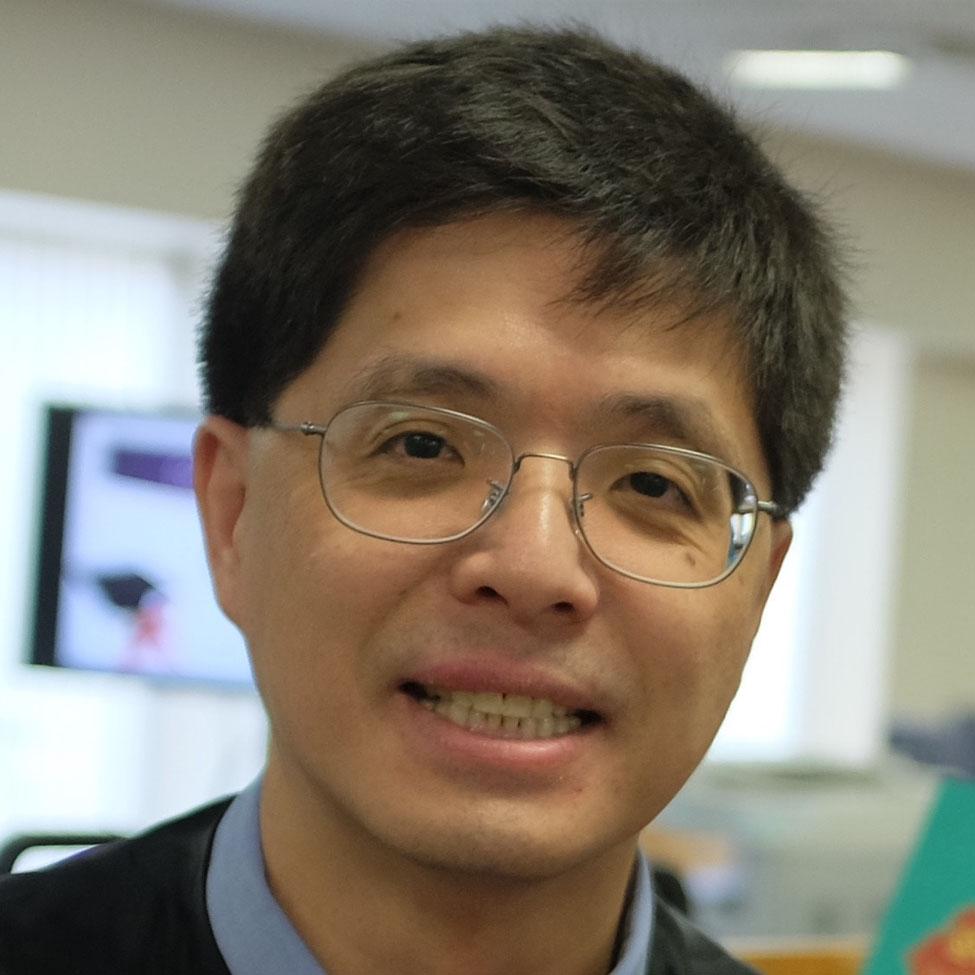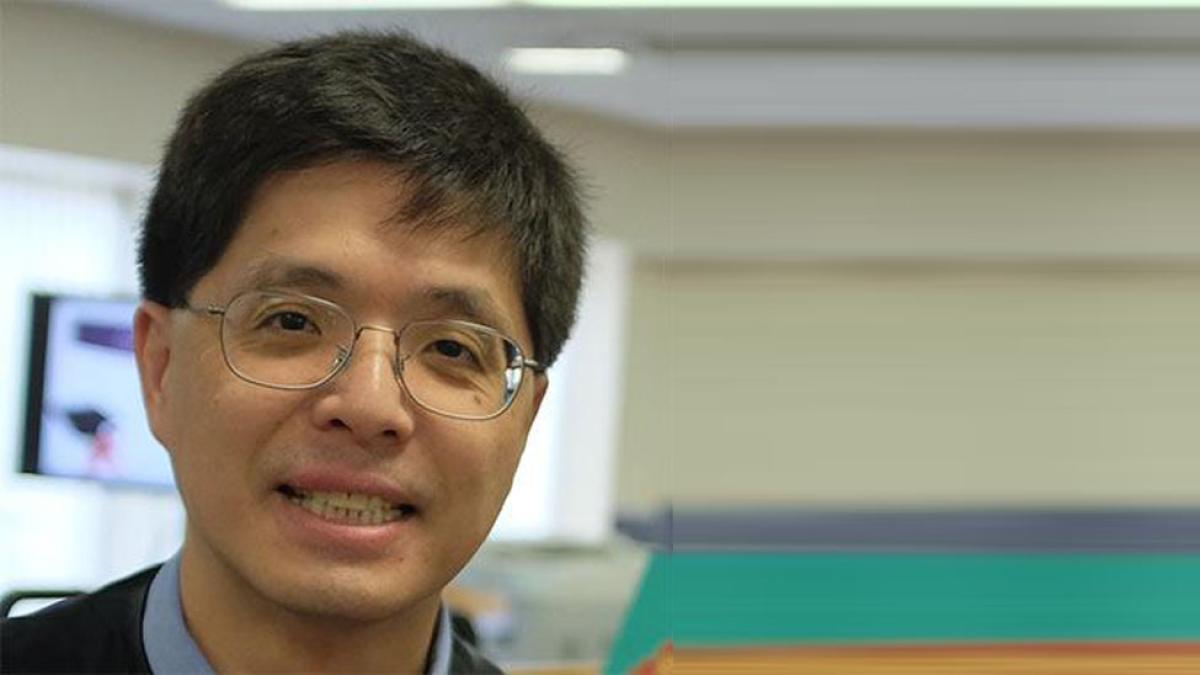
More Than 200 People Killed After Heavy Rains In Nepal And India
Gabriella Contadino is a correspondent intern with the OWP and a senior at Pace University studying Political Science and Women’s and Gender Studies. Gabriella is passionate about devising and implementing non-violent approaches to solving the world’s most pressing issues. Gabriella is particularly interested in the Asia-Pacific region, human rights, and the effects of conflict on women and children.
The venue holds the most liability in the Astroworld disaster: Attorney
Attorney Keith Sullivan of Pace University joins Shep Smith to discuss the legal liability of the disaster that killed eight people at the Astroworld concert in Houston, Texas, this weekend.
Expert reveals if Travis Scott could be arrested and charged over gig deaths
Possible charges could include misdemeanors inciting a riot, disorderly conduct and endangering the welfare of a minor, Elisabeth Haub School of Law at Pace University Professor Leslie Garfield Tenzer told the US Sun.
BUSINESS BRIEFS: Bousquet announces improvements; BAV awarded $500K for rural ...
Marvin Krislov, president of Pace University, is committed to providing all students, regardless of economic background, access to the transformative power of education. He was previously president of Oberlin College and, prior to that, vice president and general counsel at the University of Michigan, where he led the legal defense of the University’s admission policies that resulted in the 2003 Supreme Court decision recognizing the importance of student body diversity.
Seidenberg celebrates Cybersecurity Awareness Month with stellar alumni panel
On Tuesday, October 19, 2021, the Seidenberg School of Computer Science and Information Systems at Pace University hosted an alumni panel dedicated to the topic of the month, cybersecurity. The panel comprised of four alumni who came together over Zoom to share their wisdom and expertise with current students.
On Tuesday, October 19, 2021, the Seidenberg School of Computer Science and Information Systems at Pace University hosted an alumni panel dedicated to the topic of the month, cybersecurity.
Facilitated by faculty members Li-Chiou Chen and Darren Hayes, the panel comprised of four alumni who came together over Zoom to share their wisdom and expertise with current students.
Alumni panelists included:
- Michael D’Angelo, Director of Forensics Operations practice at Driven
- Pierre Jeppsson, Senior Associate at Ankura Consulting Group
- Daniel Walker, Senior Intelligence Analyst, Homicide Bureau, Bronx District Attorney’s Office
- Jasmine Washington, Computer Scientist, Defense Information Systems Agency (DISA)
Over the course of the hour long conversation, panelists discussed their current positions, how they got there, and what about their experience at Seidenberg helped prepare them for a career in cybersecurity.
The panel was recorded and will be released soon (we’ll update this post when it is). In the meantime, here are some quick answers to pressing questions Seidenberg faculty posed:
What’s the most significant cyber security problem right now in industry or in government?
Jasmine: Supply chain risk – being aware of what third parties you’re connected to and how they are secured... another trend is ransomware attacks. We see that really relevant relevant now that we’re doing telework and we’re working from home and we’re doing this education at home
Daniel: Phishing emails, because I know that is still prevalent today. I know a lot of you probably think, Oh, maybe it was done, five years ago, but no today it’s still happening. People are still clicking on links.
As a hiring manager, what do you look for in a candidate?
Michael: I want to find analysts or investigators that... maybe don’t know the full breadth of what’s out there and they want to get their feet wet. Even more, they want to be exposed – they want to delve into new topics and continue to learn... the ability to go outside of your comfort zone.
What advice do you have for interviewing?
Pierre: For me, It was just the conversations I was having. So, I did like three or four interviews... but I didn’t let them interrogate me. They asked me about my life, and I just told my story... there wasn’t enough time for them to go “so tell me about some-” you know... they hit you with those kind of gotcha interview questions. I was enthusiastic and I really thought a lot about what I would say. I even did some background work, like I went on the Anchor website and I looked at their mission statement and I looked at their history and what their employees do in the matters that they’ve been involved in and it... painted a picture for who I might be talking to and once I knew who I was talking to I could just be myself. You tell them about yourself and they go “Okay, this is a person I could see working here, somebody I would want to work with.”
The recording of the event will be available soon – we’ll share on Seidenberg social media as soon as it’s up!
Follow us on social media for updates!
Elisabeth Haub School of Law Launches Online Program in Health Law and Policy
The innovative program expands access to vital legal education for healthcare professionals in a post-pandemic era.

The Elisabeth Haub School of Law at Pace University has launched its first fully virtual program in Health Law and Policy to meet the increasing demand for legal education in the health care sector, spurred by industry growth and by an ever-evolving legal, regulatory, and financial environment for healthcare professionals.
The Law School has long offered robust training in health law and policy for both lawyers and students enrolled in its JD program, but chose to expand its Advanced Certificate in Health Law and Policy online to accommodate practicing lawyers seeking flexible education, as well as health care professionals and administrators who require the legal knowledge to adapt to changes in the industry.
“As healthcare booms in the state and in the region, legal and health care professionals need to have a strong understanding of the legal, regulatory, and economic context in which they and their clients operate. They need to be equipped to deal with rising challenges in health equity and human rights, know how to advise on transactional and compliance matters, and be skilled in influencing public policy,” said Horace E. Anderson Jr., Dean and Professor of Law at the Elisabeth Haub School of Law. “Our new online Advanced Certificate in Healthcare Law and Policy builds on our long-standing expertise in health law and expands access to advanced legal education for working professionals from across the region and beyond.”
Haub Law designed its online Advanced Certificate in Health Law and Policy to deepen students' understanding of the regulatory complexities that affect the US healthcare system through live virtual instruction and asynchronous activities delivered by its expert faculty. Regardless of any prior legal background, students can enroll in the program on a part-time basis and have the option to finish in just one year, benefiting from a fully online class schedule.
“Specialized knowledge of health law offers increased opportunities for lawyers and professionals to advance their careers in today’s job market,” said Jessica Bacher, Director of the Health Law and Policy Program. “Our faculty are expert practitioners and researchers with decades of experience as leaders in New York healthcare organizations. Students will benefit from small group instruction delivered by professors who are at the intersection of rapid changes in the field and can help them put this knowledge to immediate use in their professions.”
The Advanced Certificate in Health Law and Policy program will accept lawyers, as well as non-lawyers, such as insurance, risk management and compliance professionals, hospital administrators, clinicians, and leaders in a broad range of allied fields, including nonprofits and government agencies who are seeking legal literacy. The program will consist of 15 credit hours with 4 core courses, including a workshop in lawyering skills. Specialized electives include insurance law, accounting for lawyers, elder law, environmental law, nonprofit organizations, the legislative process, and more, or students may opt to pursue guided research, independent research or an externship for credit.
“The healthcare sector is a huge part of the GDP, and there’s a lot of opportunity. But our system is complicated and convoluted, involving many different programs like Medicare and Medicaid,” said Haub Law Professor Barbara Atwell, a health law expert/scholar. “What sets the Advanced Certificate in Health Law and Policy apart is the way we really get to the nuts of bolts of how those programs work and the role of the law.”
Haub Law is currently accepting applications for both its in-person and online Advanced Certificates in Health Law and Policy for the Fall 2022 semester.
An AP article featured Lubin Professor Larry Chiagouris in “Women of color a growing force as mom influencers on parenting issues - Chicago Sun-Times”
Brands are catching up to the Latino and Black American markets, says Larry Chiagouris, a marketing professor at Pace University in New York who says the parenting influencer world has been dominated by white women because they’ve been the majority in the past but that he’s increasingly seeing an influx of Latinas, Black and Asian American women.
Patch featured Pace’s School of Education in “Pace Awarded $1.2 m to Increase Teacher Diversity”
Pace University was among a small number of schools to receive grant funding from the New York State Department of Education to increase diversity within the teaching profession throughout New York.
LoHud featured Pace students Shea Teague and Ja’Rette Mungin op-ed: “Danroy 'DJ' Henry: Pace community will never forget his death in 2010”
When Danroy “DJ” Henry, a Pace University student and football player, was shot and killed 11 years ago, most current Pace students were children. For many of us, DJ is a person we’ve never met, but his story is one that we have seen far too many times: he was a young, unarmed Black man tragically shot and killed by a white police officer.
Accounting is the Language of Business
Students have described Schaeberle Professor of Accounting Kam Chan, PhD, as caring, attentive, and a true scholar. If you get the chance to sit in on one of his accounting classes, you'll find a challenging, but understanding professor who pays great attention to detail and who has deep knowledge of his field.

Faculty Spotlight: Kam Chan
Accounting Department

Students have described Professor Kam Chan, PhD, as caring, attentive, and a true scholar. If you get the chance to sit in on one of his accounting classes, you'll find a challenging, but understanding professor who pays great attention to detail and who has deep knowledge of his field. Recently, Dean Singleton appointed Dr. Chan as Lubin's Schaeberle Professor of Accounting. In celebration of this achievement, we talked to Professor Chan about his experiences as a professor and what makes the Lubin School of Business a unique place for learning about business problem-solving.
Why Accounting?
Accounting is the language of business and it involves issues in finance, information systems, management, and other aspects of a business. I find that accounting is a challenging and exciting field.
Why Lubin/Pace?
Pace has an excellent tradition and reputation in accounting. As a professor, it provides me with a perfect opportunity to work with many outstanding colleagues and students on our New York City and Pleasantville campuses.
What is your research area? Why is it important to advance research in this area?
Financial accounting and international accounting. Financial accounting has undergone substantial changes in the last two decades—from a traditional reporting system based on U.S. standards to an information system based on reporting standards in a global setting. It is crucial to understand how companies incorporate new technologies in their accounting systems and how investors benefit from expanded company disclosures.
What do students learn in your classroom?
I want students to realize that many accounting and business topics are related and based on the same underlying economic and behavioral principles. Students should apply these underlying principles to solve business problems instead of treating them as entirely independent, requiring completely different solutions.
What has been your professional path and how do you bring that into the classroom?
I initially planned to work as a financial consultant when I was an MBA student. However, while enrolled in my doctoral program, I realized that I enjoy being a teacher and researcher. I eventually became a college professor, but I still remember the challenges of being a student. As a result, I am always sympathetic when students run into issues in their studies; I would do my best to help them and accommodate their needs.
Congratulations on being appointed Lubin's Schaeberle Professor of Accounting. Can you tell us more about this achievement?
The Accounting Department chair, Dr. Tang, and Dean Singleton made the appointment based on my teaching and research records. I feel honored to have been appointed and I hope to continue the tradition of the Schaeberle Professorship as a teaching scholar at Lubin.
My best students are not necessarily those who have the best grades. As long as students have tried their best to develop to their fullest potential, they are considered my best students.
What is the single most important lesson you'd like to impart to your students?
I hope my students will always try their best and have a strong work ethic. My best students are not necessarily those who have the best grades. As long as students have tried their best to develop to their fullest potential, they are considered my best students.
What does #LubinLife mean to you?
#LubinLife is an active learning community. Students, faculty, and alumni all engage in lifelong learning in this community.